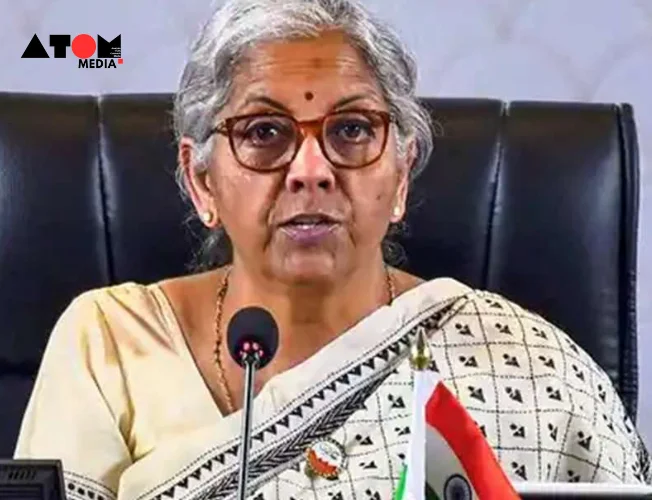Taxpayers and economists alike are eagerly awaiting Finance Minister Nirmala Sitharaman’s impending pronouncement as the Budget 2024 presentation draws near. The Modi Government is entering its third term with this budget, which is expected to be Sitharaman’s eighth straight one. Significant tax breaks and financial changes are anticipated.
Potential Income Tax Rate Cuts
Numerous media reports, such as one from Reuters, indicate that Budget 2024 may result in large reductions to income tax rates. According to reports, the government is thinking of reducing the tax rates for people making up to ₹10 lakh a year. This action is viewed as a component of a larger plan to support the middle class and boost economic growth by raising discretionary incomes.
Raising the Income Tax Exemption Limit
An important adjustment that is expected in the next budget is the raising of the income tax exemption ceiling. Moneycontrol reports that the government intends to increase the barrier from its current level of ₹3 lakh to ₹5 lakh. It is anticipated that this revision will mostly affect people submitting returns under the new tax law.
The new tax structure is the only way that individual taxpayers have received tax benefits or incentives in the past, according to Aarti Raote, a partner at Deloitte India. Because of this, a lot of people think that the government ought to increase the exemption slab rates for individuals to around ₹5 lakh this year.
Factors Influencing Tax Exemption Adjustments
The decision to modify income tax exemption limitations may be influenced by a number of factors, such as political, revenue, government, and economic concerns. The CEO and co-founder of Tax2win, Abhishek Soni, speculates that the status of the economy may be a major factor in this choice. Raising the income tax exemption cap may assist reduce taxpayer debt and encourage spending if the economy is showing indicators of growth or recovery.
Government Priorities
The Modi 3.0 administration’s aims, which are mirrored in public pronouncements and policy choices, will also be crucial. Soni notes that a rise in the exemption level is likely if the government promotes tax relief as a way to boost the economy and assist the middle class. Any changes to tax law must be evaluated financially in relation to how they will affect government revenue. The government has to strike a compromise between its need to reduce spending and its wish to lower taxes. This fine balance will be taken into account heavily when making the ultimate choice.
Political considerations, such as upcoming elections or prevailing public sentiment, could also influence tax policy decisions. The need to maintain public support and address voter concerns might drive the government to implement taxpayer-friendly measures.
Revision of Section 80C Limit
One area where taxpayers have been hoping for relief is the Section 80C limit, which has remained unchanged since 2014 despite rising inflation rates. Archit Gupta, founder and CEO of Clear, emphasizes that revising this limit would help taxpayers combat inflation and encourage savings and investments in essential financial instruments like ELSS, tax saver FDs, and PPF. This move would align with the broader vision of creating a financially robust and prosperous India.
Increase in Interest Deduction Limit under Section 24(b)
Archit Gupta proposes that the government contemplate increasing the interest deduction cap under Section 24(b) from ₹2,00,000 to ₹3,00,000 in order to further encourage homeownership. This change may offer substantial benefits to those who are thinking about buying residential real estate, which would promote their financial well-being and spur the real estate industry’s expansion.
Sitharaman’s Seventh Budget
The Union Budget for 2024-25 is expected to be presented in Parliament during the third week of July. Earlier this year, on February 1, Sitharaman presented an interim budget for 2024-2025 due to the election year. Following the election results, she will now present her seventh consecutive budget.
Nirmala Sitharaman has served as a Union Minister since 2014 and was sworn in as a Union Cabinet Minister in Prime Minister Narendra Modi’s new Union Council of Ministers on June 9. Her extensive experience and tenure in office add weight to the anticipation surrounding Budget 2024.
As the Budget 2024 presentation date nears, the focus remains on how the government will address taxpayers’ expectations. The potential increase in the income tax exemption limit, along with other tax reforms, could offer much-needed relief and positively impact the economy. Balancing these changes with fiscal discipline will be crucial for the government. All eyes are now on Finance Minister Nirmala Sitharaman as she prepares to unveil her seventh budget, a critical moment for the Modi administration’s third term.
Read more: Marketing News, Advertising News, PR and Finance News, Digital News





